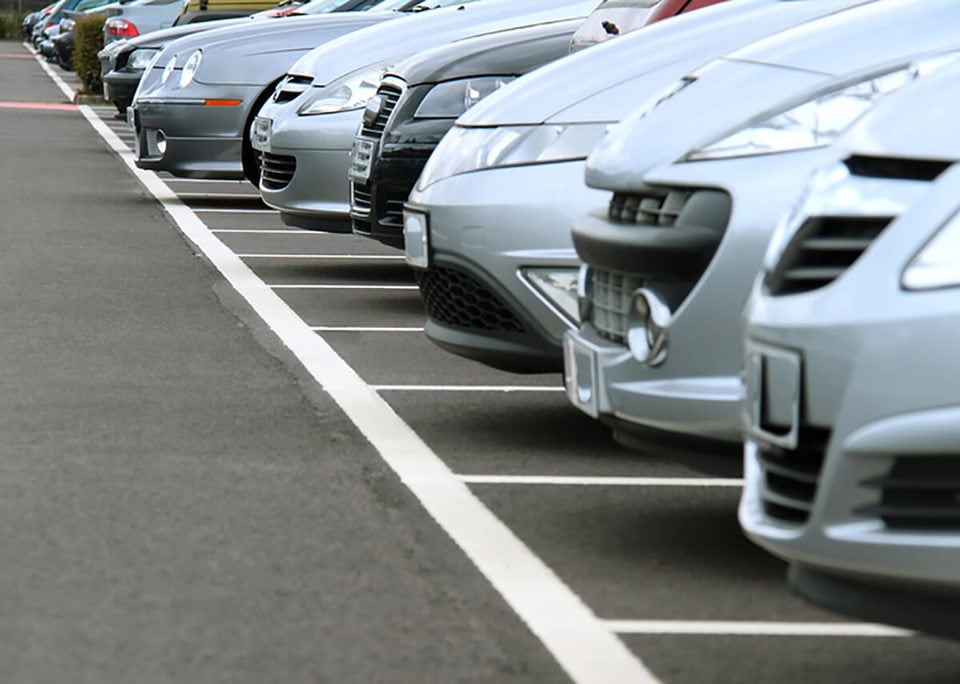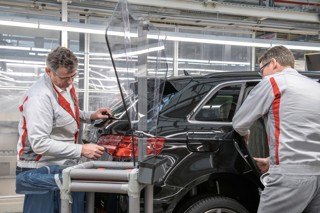The Government has changed the guidance it issues to employers on salary sacrifice arrangements to allow for the impact of COVID-19.
HMRC rules allow for employees to opt out of a salary sacrifice arrangement where a lifestyle change significantly alters their financial circumstances.
Previously, that lifestyle change included marriage, divorce or a partner becoming redundant or pregnant. However, the Government has now revised the guidance to include changes to circumstances directly arising as a result of coronavirus (COVID-19).
Employment tax specialist Alastair Kendrick told Fleet News: “Employees who find their circumstances changes in view of coronavirus may now seek agreement from their employer that their salary sacrifice arrangement is terminated early and in view of that their salary uplifted to remove the sum previously sacrificed.
“Whilst this will be of interest to many who are being furloughed, the revised guidance may also be of interest to those who have had changes to their earnings either because their employer dropped salary levels, or their hours have been reduced.”
Importantly, if an employer chooses to include COVID-19 in their list of lifestyle events, they will need to specify what this means. This may be different for different benefits.
Kendrick said: “It is important before agreeing to the cancelling of the salary sacrifice that the employer is satisfied the employee can meet the conditions, that their circumstances have changed as a result of the coronavirus.
“If that is accepted and the employer is agreeable to the change then it will be necessary to revise the employee’s contract of employment to remove the salary sacrifice.
“It should be noted that this change could prove expensive for the employer. If for instance it involved a car provided under salary sacrifice, then they would potentially face the early termination costs imposed by the leasing provider.”
Simon Down, associate director and member of car and mobility consulting team at Deloitte, says a salary sacrifice scheme for cars differs from other benefits such as travel or health insurance, because car leasing arrangements are usually for much longer periods - typically ranging from two to five years.
“If an employee exits from such an arrangement early, they would normally have to pay early termination penalties,” he said
“Employers will need to think carefully about allowing employees to completely exit from such benefits, given employees may face any ensuing penalty.”
Instead, Down says that employers may allow employees to put their salary sacrifice contributions ‘on ice’ for a short period – for example three to four months.
However, he explains that the employer will still need to pay leasing companies the monthly rental payments and contractually, salary sacrifice is normally structured as an annual reduction in pay; though they are administered monthly.
“Employers could agree not to reduce pay during those three to four months, but then make increased reductions in subsequent months, meaning over the course of a year, employees would still have sacrificed the same total annual amount agreed,” he said.
“Alternatively, employers could agree to extend the period over which the sacrifice is made by an additional three to four months.”
Salary sacrifice provider Tusker has been working with its customers since the lockdown began to identify solutions for drivers who are impacted financially by the coronavirus on a temporary basis.
“As our contract is with the employer rather than the individual, the solution offered is at their discretion, but include the suspension of reductions until the employee returns to work from furlough, has reduced working hours or a period of a reduced salary,” said Tusker CEO Paul Gilshan.
“Our lease terms can in many cases be lengthened, therefore reducing the monthly payment from the employer.”
He continued: "As a car is often a necessity rather than a nicety; current enquiries indicate that few people are looking to terminate, however our enhanced protections are available, should this be required, as long as the terms of our lifestyle protections are met.”
The fortunes of salary sacrifice for cars has ebbed and flowed over recent years, but the new zero percentage benefit-in-kind (BIK) tax rate for pure electric cars has many predicting a bright future for the benefit – see our latest digital edition of Fleet News to read more.























Login to comment
Comments
No comments have been made yet.